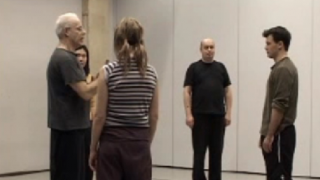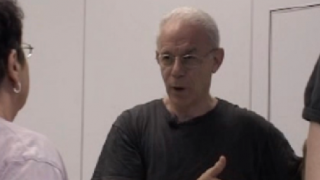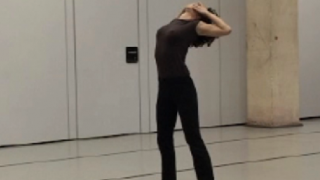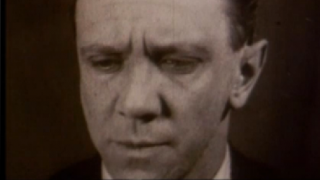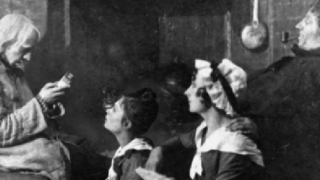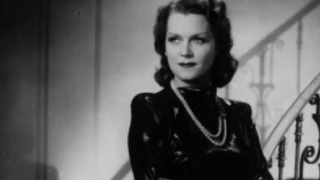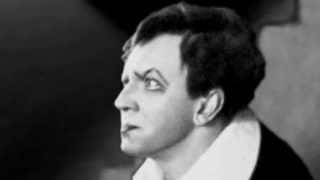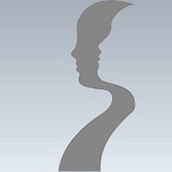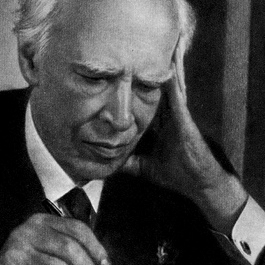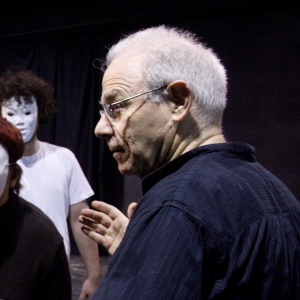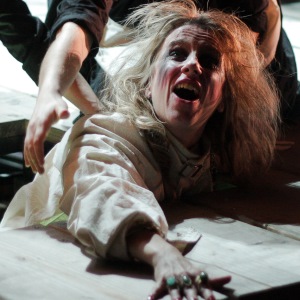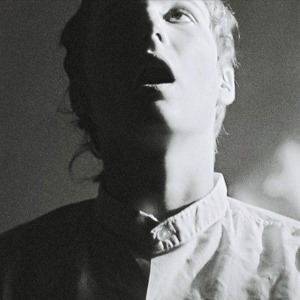Michael Chekhov (1891–1955), whose ability to transform himself onstage was celebrated by some of the major directors of the century, including Stanislavsky, Vakhtangov and Reinhardt, developed a creative and imaginative approach to acting that continues to inspire actors around the world.
Chekhov, a nephew of Anton Chekhov, joined the Moscow Art Theatre in 1912. He became a member of the experimental First Studio that Stanislavski established in the same year and, under the tutelage of Sulerzhitski, developed skills in the basic elements of Stanislavski’s method: relaxation, concentration, naivety, imagination, ensemble playing and affective memory. Chekhov was eventually to reject Stanislavski’s emphasis on memory, but the other aspects of the Studio’s work were to find a place in his own method, although somewhat transformed.
Between 1912 and 1918 Chekhov developed his reputation as a talented actor in a number of roles before moving on to career-defining performances in Erik XIV, The Government Inspector and Hamlet in the 1920s. By 1928, however, Chekhov’s experiments with anthroposophy led to him being forced to leave Russia. He worked with Max Reinhardt in Germany and Austria, and, after spells in Latvia, Lithuania, and France, Chekhov was invited to establish the Chekhov Theatre Studio at Dartington Hall in Devon. The school opened in 1936, but in 1938, with the situation in Europe worsening, it was moved to Ridgefield in Connecticut. Once again the deteriorating world situation caught up with Chekhov when the USA joined the war in 1941. Chekhov’s company soon disbanded, and he moved to Hollywood where he acted in several films, perhaps most memorably as Dr Brulov in Hitchcock’s Spellbound.
Chekhov continued to teach in Hollywood until his death, and his book To The Actor continues to be regarded as one of the best acting manuals in the Western tradition.
Image: Chekhov in the title role of Strindberg’s Erik XIV (1922) directed by Vakhtangov and performed by the Moscow Arts Theatre. From Actor Training (2nd edn), edited by Alison Hodge (London and New York: Routledge, 2010)
**EXCLUSIVE NEW FEATURE** Find out more about Michael Chekhov via an RPA partner journal

